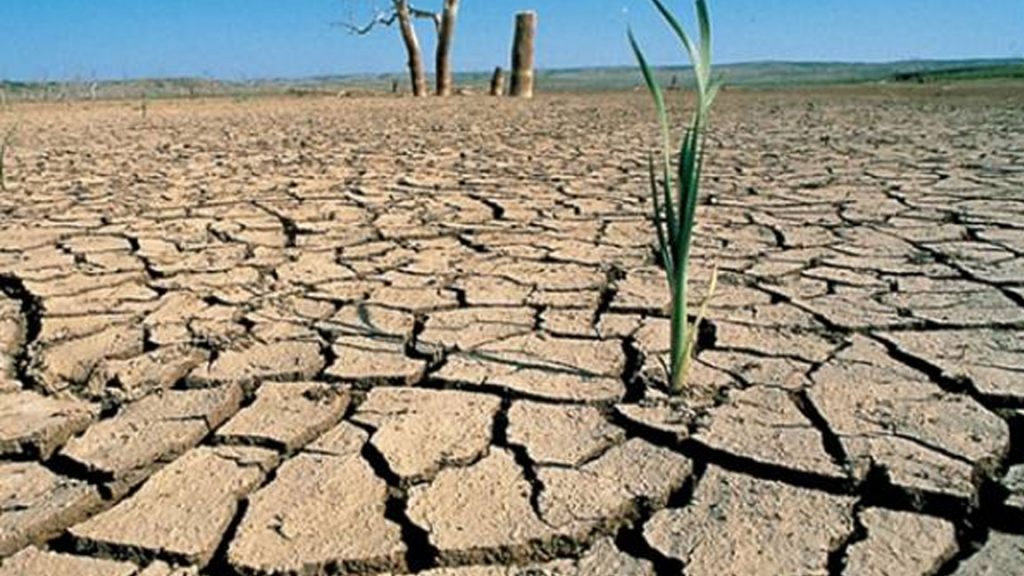
Kilimo, an Argentine company that uses data to optimise irrigation, received strong financial support at this year’s Davos forum to continue developing a system that helps farmers in Latin America save thousands of litres of water
The company, which advises farmers in countries including Paraguay, Chile, Peru, Mexico and Guatemala, was honoured as part of the Global Freshwater Innovation Challenge organised by the World Economic Forum (WEF), an initiative that promotes innovation in freshwater management in the face of climate change.
“The adoption of technology in agriculture is very low,” Tatiana Malvasio, operations director and co-founder of the company, which was set up in Córdoba to provide scientific models for irrigation, told AFP.
The system, based on data intelligence and machine learning, collects daily satellite data and information from weather stations. To this wealth of data, information from the client’s soil is added to find out how much water it retains.
“What the client sees is a water balance, like an accountant’s balance sheet, where he says ‘I have so much water, my soil retains so much’,” Malvasio told the forum, which ends Friday in the small Swiss Alpine town.
“This way we can know how much water that crop loses per day and how much water needs to be replenished according to its phenomenological state,” a tool that allows the producer to save up to 30 percent of water, according to Malvasio.
Bringing technology to irrigation is a small revolution in agriculture, which is based on habits that have been repeated for decades.
“Farmers have been irrigating by tradition because that is how they learned to do it,” says Malvasio.
In this sense, a 2018 survey by the US Department of Agriculture revealed that only eight percent of farmers used irrigation technology and that “the largest percentage were those who irrigate because their neighbours irrigate,” says the businesswoman.
According to UN data, Latin America and the Caribbean is home to almost a third of the world’s water resources but almost half of the countries in the region do not manage their water efficiently.
